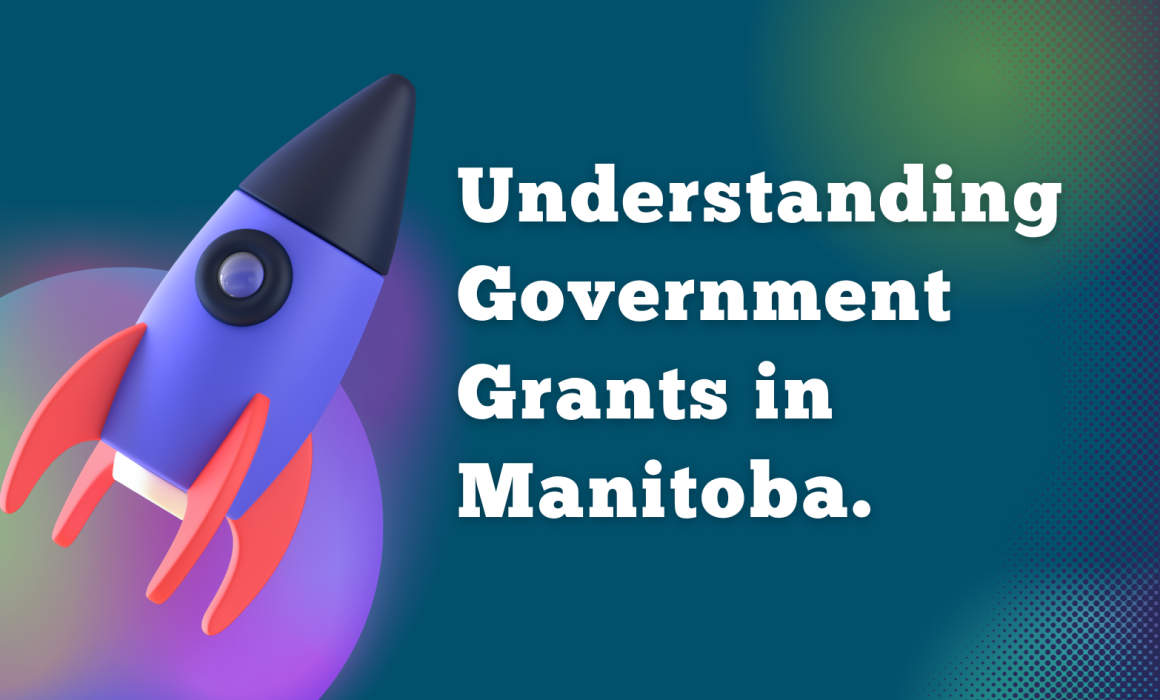In today’s competitive market, securing adequate funding is a critical step for business success in Manitoba. This comprehensive guide delves into various funding avenues, offering detailed insights and practical advice to assist entrepreneurs in navigating this complex landscape.
Exploring the Funding Spectrum in Manitoba
Manitoba’s business environment offers a diverse range of funding options. It’s essential for business owners to understand these opportunities, which vary from government grants to private equity and venture capital. Each funding type has its own set of advantages, eligibility criteria, and application processes. Businesses must assess their specific needs and align them with the most suitable funding source.
Harnessing Government Grants and Incentives
The Manitoba government provides numerous grants and incentives to support businesses, particularly in sectors like technology, green energy, and manufacturing. Understanding how to access these funds involves staying updated on current programs, meeting specific criteria, and submitting detailed proposals that align with government objectives. These grants often focus on innovation, job creation, and boosting exports.
The Role of Venture Capital and Angel Investment
Venture capital and angel investment play a vital role in the funding ecosystem, especially for startups and high-growth companies. Attracting these investors requires a compelling business plan, a clear value proposition, and a demonstration of potential for high returns. Preparing for pitches involves understanding the nuances of equity funding and being ready to negotiate terms.
Leveraging Bank Loans and Credit Options
Bank loans and credit facilities are traditional yet vital funding sources. Preparing a strong loan application involves demonstrating your business’s financial health, providing detailed business plans, and understanding various loan products and their terms. Building a relationship with financial institutions and showcasing your business’s creditworthiness are crucial steps in this process.
Innovative Funding Through Crowdfunding
Crowdfunding has become an innovative way for businesses to raise capital. Successful crowdfunding campaigns require a compelling story, an engaging presentation, and an understanding of how to leverage different platforms. This section will guide entrepreneurs on how to effectively utilize crowdfunding to not only raise funds but also build community support and validate their business ideas.
The Impact of Business Incubators and Accelerators
Business incubators and accelerators offer more than funding – they provide a nurturing environment for startups to grow. These programs offer mentorship, resources, networking opportunities, and often, seed funding. We’ll explore how joining an incubator or accelerator can benefit a startup, what to expect, and how to maximize these opportunities for business growth.
Mastering the Funding Application Process
The process of applying for funding can be complex and competitive. Creating a strong funding application involves clearly articulating your business plan, understanding the funder’s requirements, and effectively communicating your business’s potential. This section offers strategies to enhance your application, making it stand out in a crowded field.
Deciphering Terms and Conditions of Funding
Understanding the terms and conditions of funding agreements is crucial. Entrepreneurs need to be aware of the implications of these terms, including repayment obligations, equity stakes, and any operational constraints imposed by funders. This knowledge is essential to make informed decisions and ensure long-term business viability.
Success Stories: Manitoba Businesses That Made It
Inspiration can be drawn from Manitoba businesses that have successfully navigated the funding landscape. This section will feature case studies and interviews with business owners who have secured funding, highlighting their strategies, challenges, and key learnings.
Importance of Compliance and Transparency in Financial Management
Maintaining financial compliance and transparency is essential for businesses that receive funding. This includes accurate financial reporting, readiness for audits, and ethical management of funds. This section underscores the importance of these practices and how they contribute to building investor and public trust.
Networking: A Gateway to Funding Opportunities
Effective networking can open doors to numerous funding opportunities. This part of the guide discusses how to leverage business networks, participate in industry events, and engage with the entrepreneurial community in Manitoba to uncover potential funding sources and gain valuable insights.
Preparing for Subsequent Funding Rounds
For growing businesses, securing initial funding is often the first of many steps. This section focuses on preparing for future funding rounds, maintaining investor relations, and developing a sustainable financial strategy that supports long-term growth.
Navigating Your Journey to Financial Empowerment
Navigating the funding landscape in Manitoba requires a combination of preparation, knowledge, and strategy. This guide aims to equip entrepreneurs with the tools and insights needed to successfully secure funding and propel their businesses forward.








Recent Comments